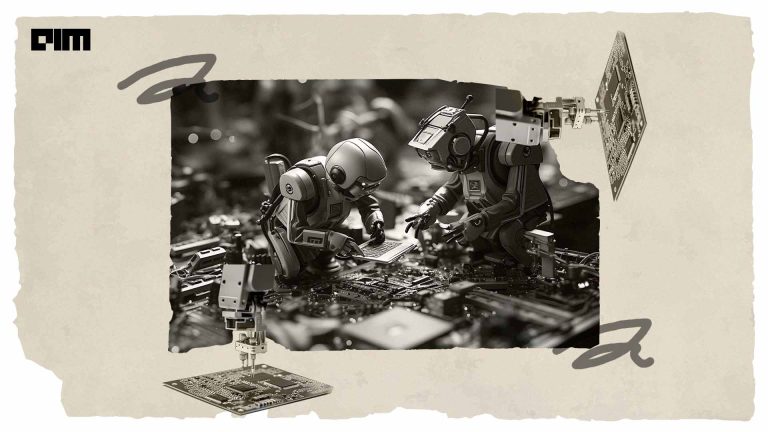Server processor startup Ampere Computing may soon go public, with the company already having filed the initial confidential paperwork with the SEC. The startup is backed by Oracle, which has reportedly invested close to half a billion dollars over the years.
Similarly, another chip startup, SambaNova Systems, bagged USD 676 million in Series D, setting a unique record for a pure-play AI chip company and making it the most valuable AI chip startup outside of China.
Not just Ampere and SambaNova Systems, other chip startup companies are drawing lucrative investments and slowly emerging as tough rivals to industry behemoths like Intel and AMD.
Chip startups gaining traction
As compared to 2020, the global sales of semiconductor chips soared by 60 per cent to USD 35.9 billion; reportedly, half of that total comes from specialised AI chips used in mobile phones. As per PitchBook data, this market is expected to grow at over 20 per cent and reach USD 64.9 billion by 2024.
Data credit: PitchBook and Protocol
Semiconductor startups’ popularity has increased manifold, as seen above. Investors’ interest in these startups has much to do with fuelling higher efficiency and greater utility for AI processing. As per reports, the VC funding for the global semiconductor startups has more than tripled year-over-year in 2021. Up to USD 9.9 billion were invested across 170 deals. The segments covered included companies building AI chips, compression algorithms for machine learning model deployment, and intelligent sensors. One of the reasons why these startups are attracting funding is that all kinds of businesses are now working on in-house chip development – this presents massive opportunities for specialist processor firms to license their tech.
Credit: Allied Market Research
Large companies like NVIDIA and Intel have dominated the chip industry for the longest time. There have been signs of the chip industry consolidation over the past decade in the hands of large companies that have horizontal business models with diverse and large chip offerings. In the past few years, smaller semiconductors seem to be filling up the gaps between more dominant chipmakers. That said, these startups are unlikely to surpass giants like Intel, NVIDIA and others; this trend may push the development of competitive chip architectures for specific industries and use cases.
What explains this trend?
The interest in the semiconductor industry has been accompanied by a critical supply shortage that continues to challenge the world and is estimated to do so well into 2023. Further, AI chips are experiencing a shift in demand from data centres to emerging use cases. Together with the ongoing supply-chain shortages, Russia’s invasion of Ukraine has compounded the crisis. Most large chip makers are struggling hard to deal with the production backlogs – which may take up to a year to resolve.
While relatively smaller startups, too, are rocked by these shortages, since they deal mostly with a smaller customer base and more predictable demands, they have managed to stay afloat. In fact, they were able to gather supplies much before the raw-material shortages hit, without the need to secure the massive quantities that are generally required by their bigger rivals.
Chip industry: Still a hard nut to crack
Until five years ago, just a handful of venture capitalists saw the scope of AI; the number was even lower when it came to funding chip companies. It is hardly surprising since semiconductors are very expensive to make.
It usually costs over USD 50 million and a period of at least three years for a semiconductor startup to see its product. VCs don’t get feedback for years after they invest their money. This is in sharp contrast to maybe a software startup – its initial cost is often less than USD 2 million, and in just six months, one can share the prototype of their software.
Further, talent in the chip industry is far and rare. Even for a country like India, which boasts of great chip design skills, making the students job-ready takes up to a year of strict training. That said, last year, the Indian government cleared a Rs 76,000 crore scheme for semiconductors with an aim to make India a leader in the industry. Under this scheme, 85,000 chip designers will be trained.


















































































